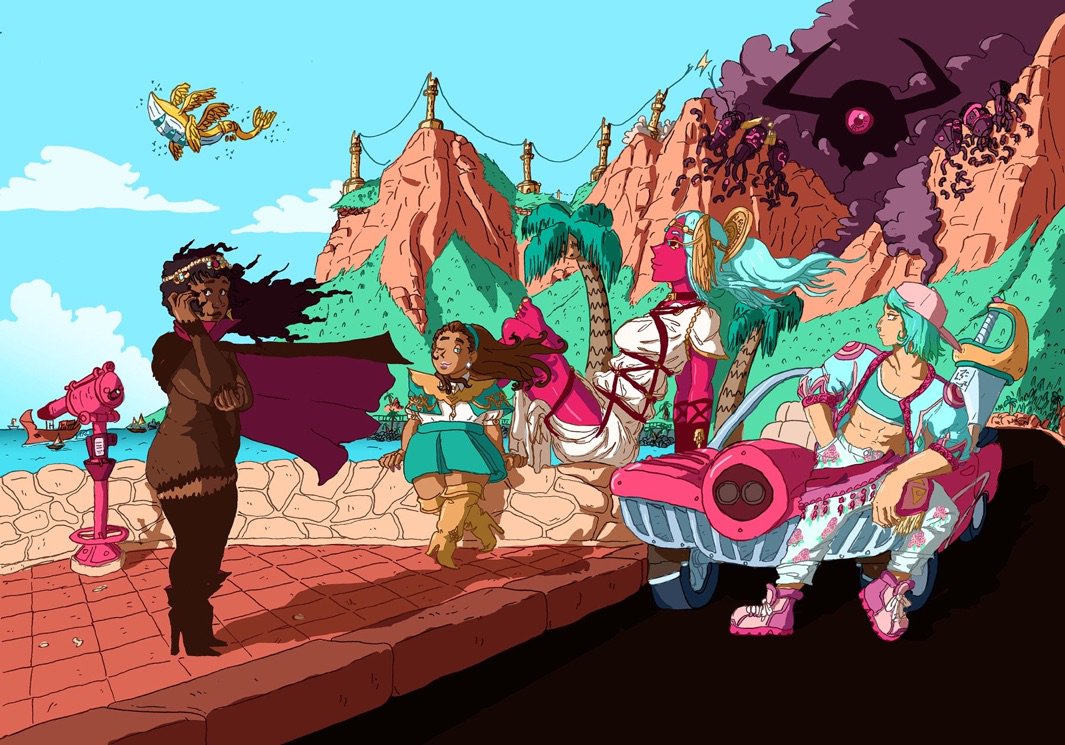Indie developer Christine Love‘s newest title Get in the Car, Loser! is a role-playing game that tells a queer coming-of-age story — all while on a free-wheeling road trip to take down a thousands-of-years-old evil. It’s colorful and lighthearted, and it will launch sometime later this year on PC.
Love is a veteran of the visual novel genre, and her previous work — like Ladykiller in a Bind, Digital: A Love Story, and Analogue: A Hate Story — have all played with that format. Get in the Car, Loser! is her first RPG, and it’s given her new mechanics to leverage while telling the story.

Unlock premium content and VIP community perks with GB M A X!
Join now to enjoy our free and premium membership perks.
![]()

![]()